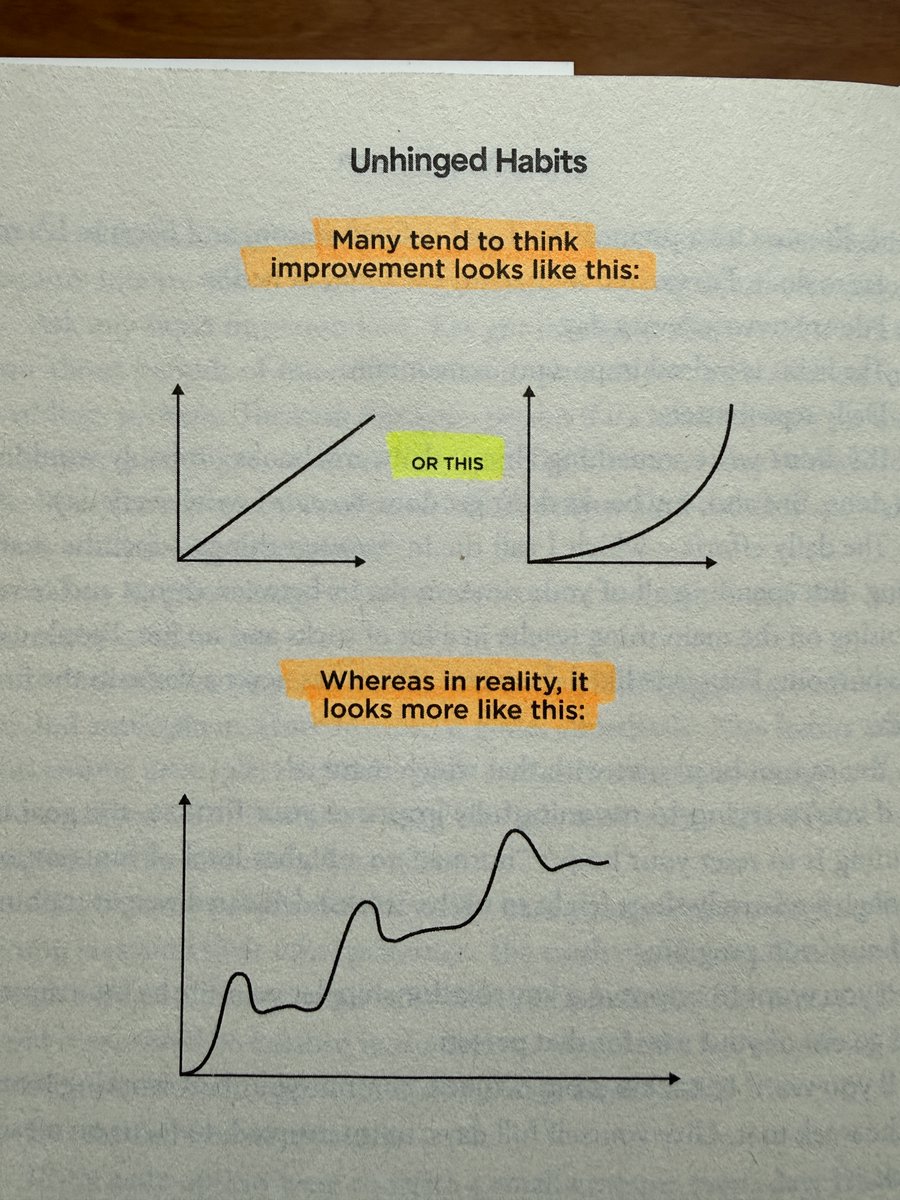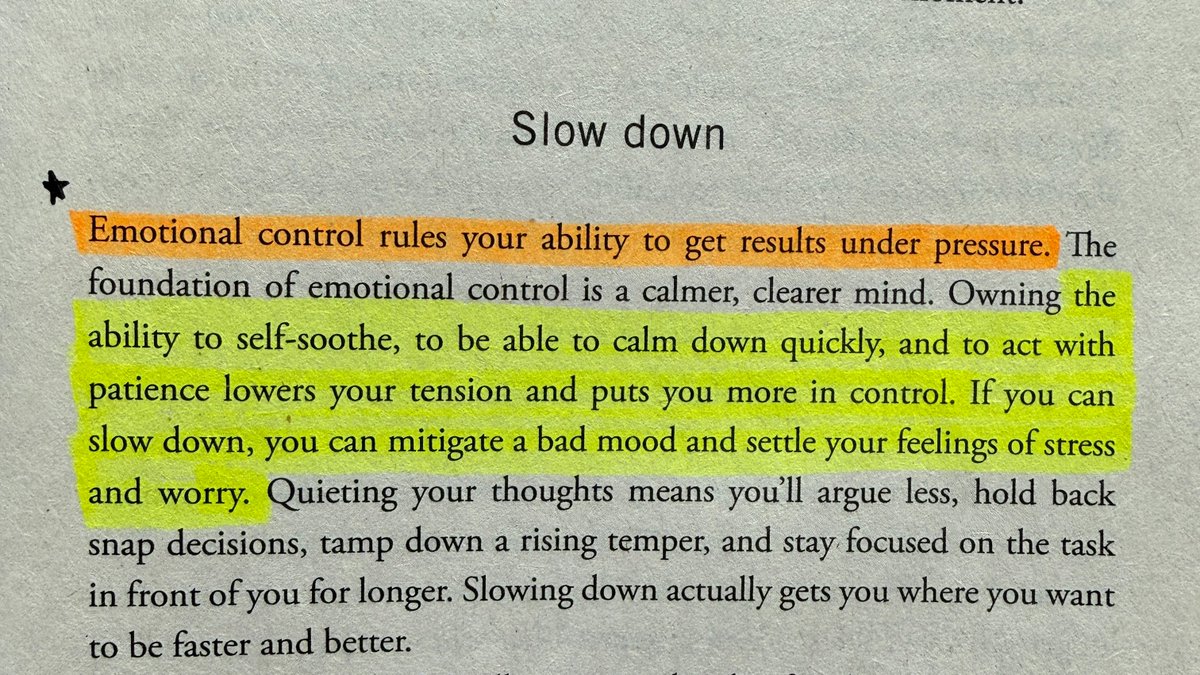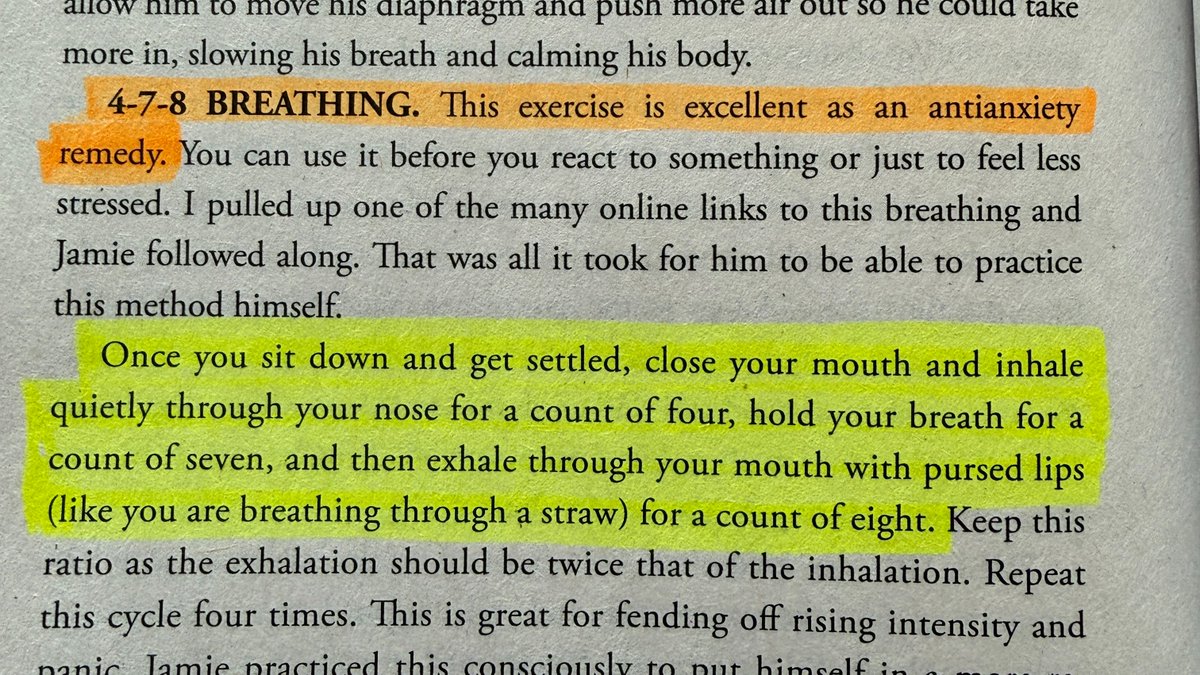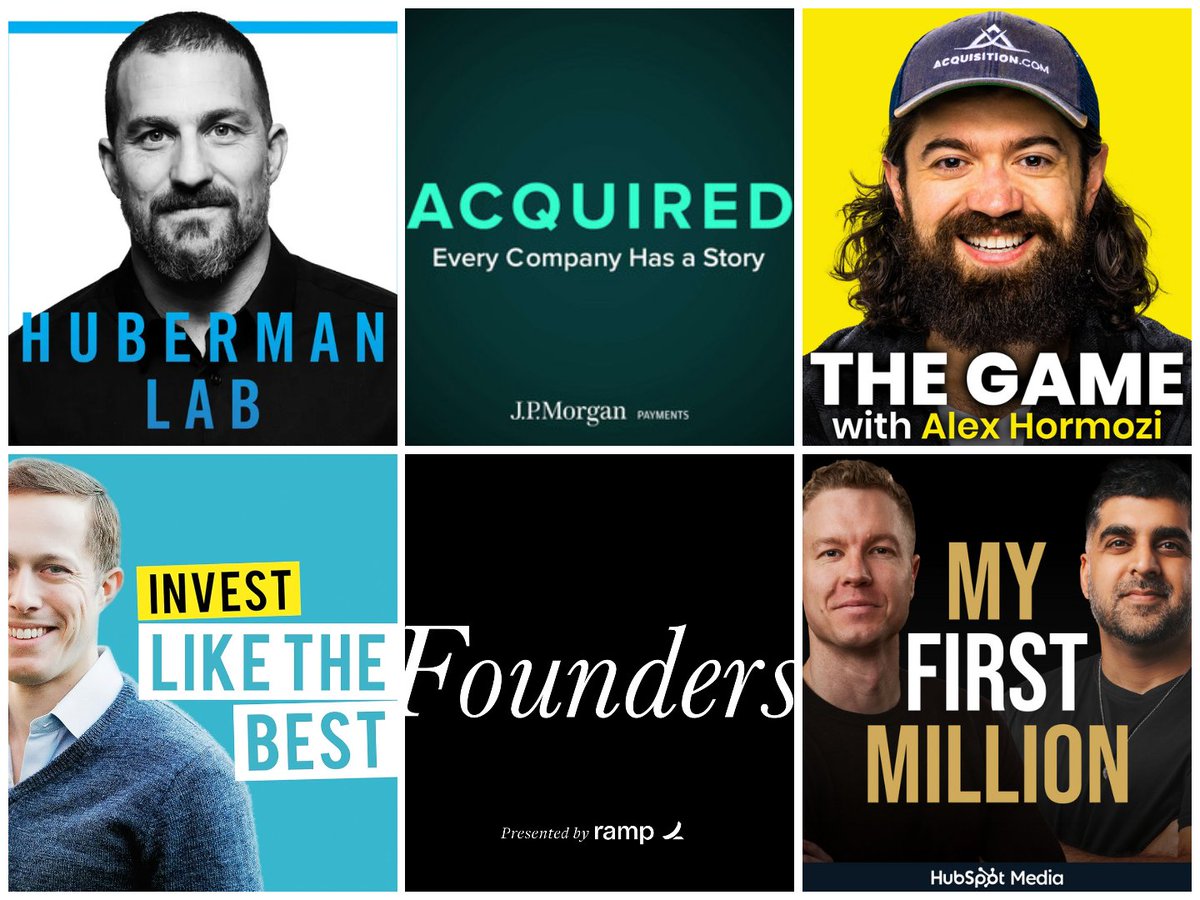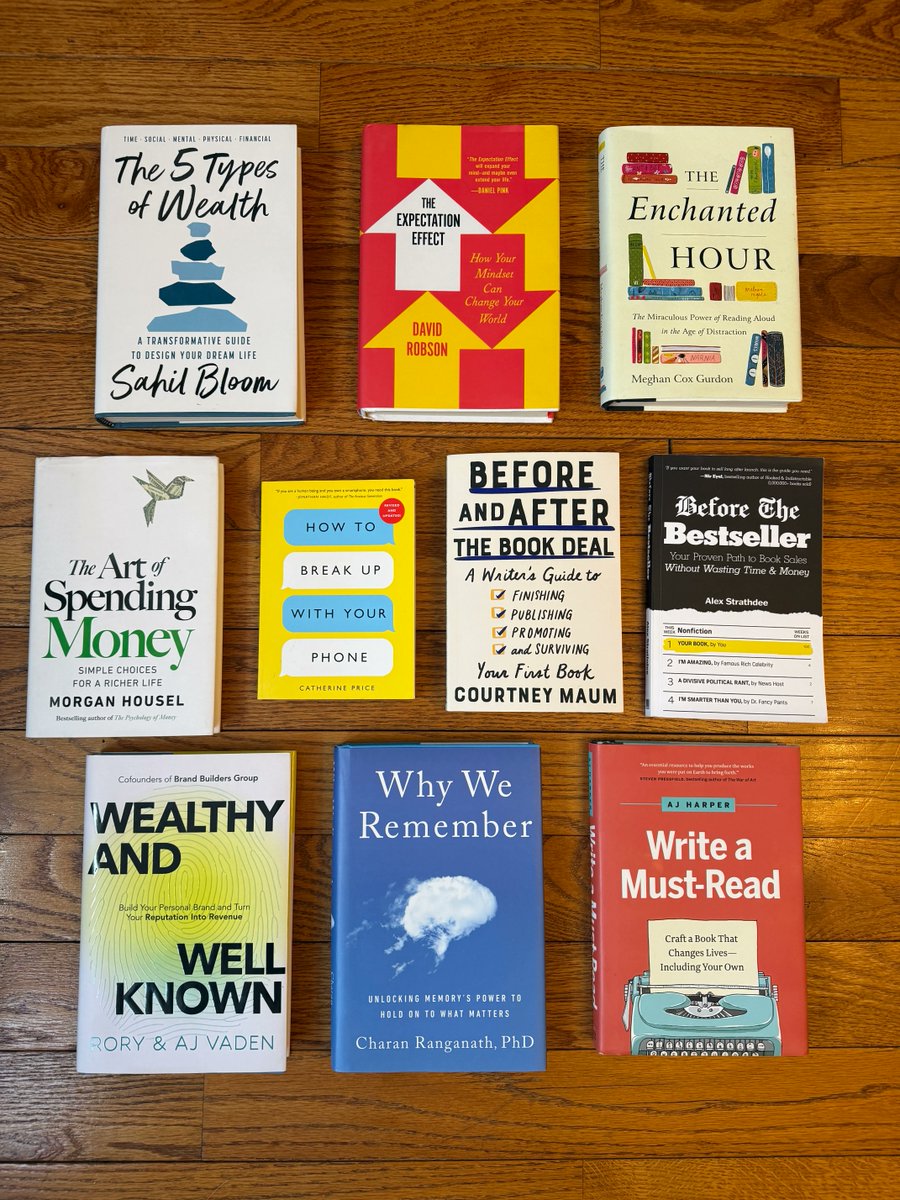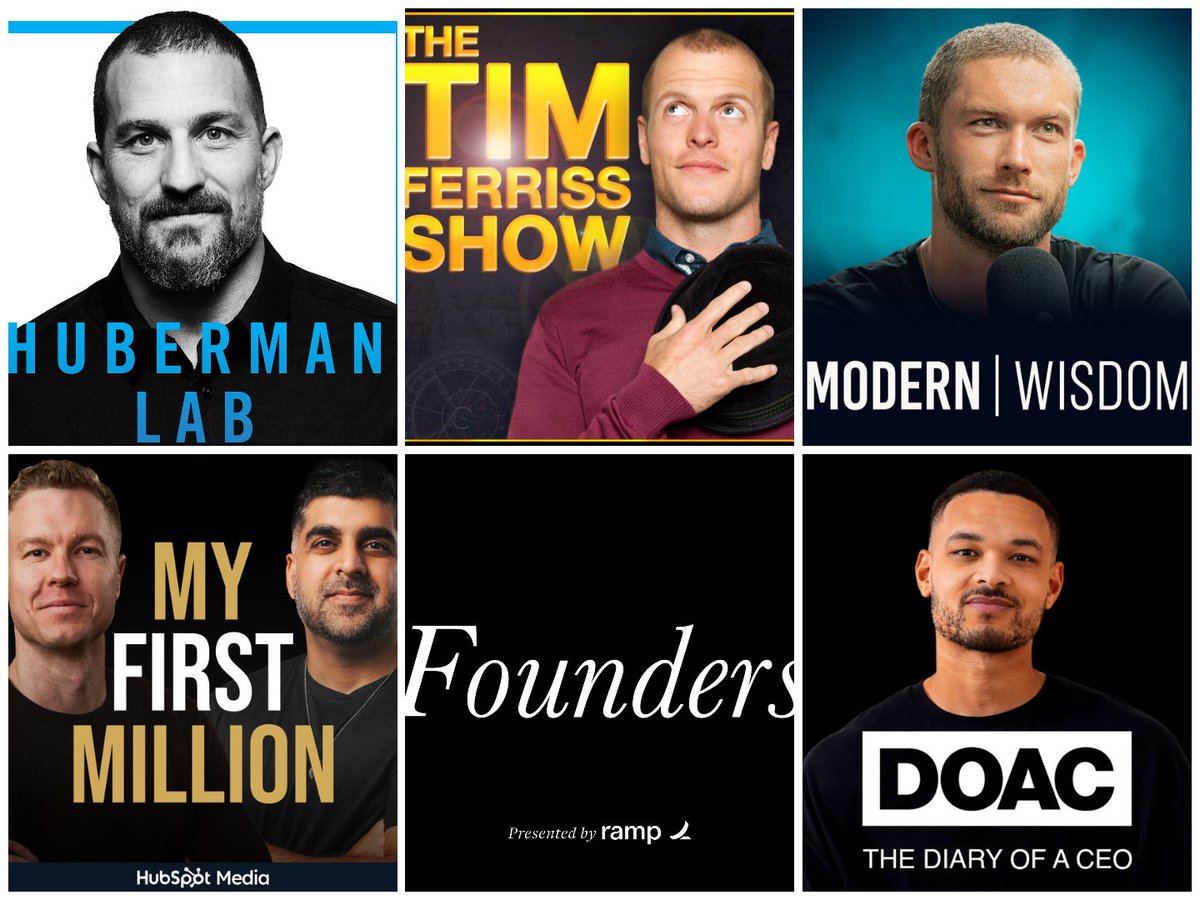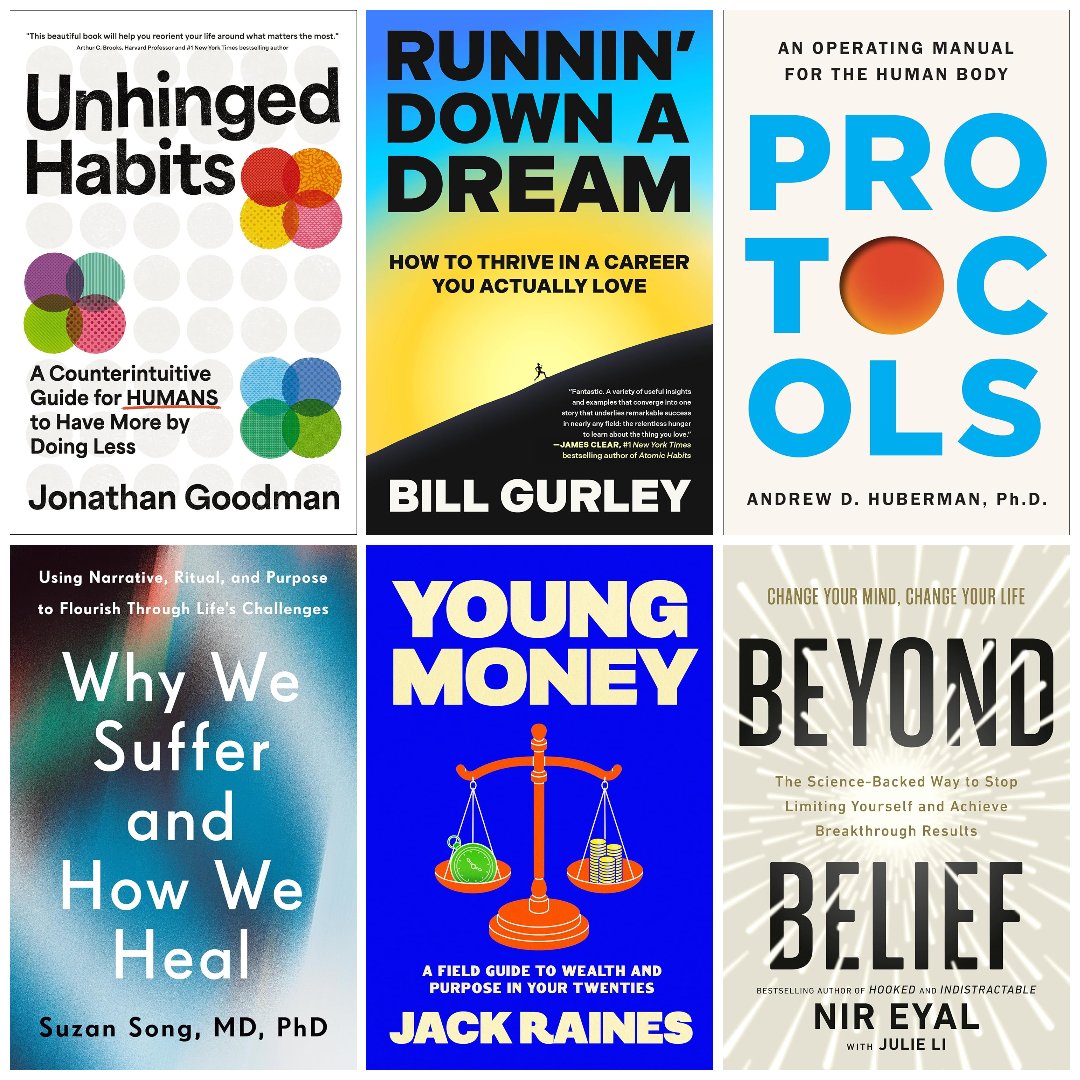This is the most mind-blowing book I've read this year.
It's written by an ex-Stanford doctor and ex-food lobbyist who expose the medical, food, and pharmaceutical industry.
12 Shocking lessons from "Good Energy" by @CaseyMeansMD & @calleymeans:
It's written by an ex-Stanford doctor and ex-food lobbyist who expose the medical, food, and pharmaceutical industry.
12 Shocking lessons from "Good Energy" by @CaseyMeansMD & @calleymeans:

1) Some scary stats:
-60% of adults have a chronic illness
-50% of adults will deal with mental illness sometime in life
-74% of adults are overweight or obese
-60% of adults have a chronic illness
-50% of adults will deal with mental illness sometime in life
-74% of adults are overweight or obese

2) Every institution that impacts your health makes more money when you are sick and less when you are healthy. 

3) Ultra-processed industrial foods are chemically engineered to be addictive and make up nearly 70% of calories that people consume. 

5) Refined added sugar causes more deaths and disability per year than COVID-19 and fentanyl overdoses combined.
74% of foods in the US have added sugar!
74% of foods in the US have added sugar!

7) Medical studies are HIGHLY influenced by who funds the study:
-82% of independently funded studies show harm from sugar-sweetened beverages
-93% of industry funded studies show no harm from sugar-sweetened beverages
-82% of independently funded studies show harm from sugar-sweetened beverages
-93% of industry funded studies show no harm from sugar-sweetened beverages

9) Hospitals are incentivized to conduct as many procedures and have as many quick patient visits as possible to maximize revenue. 

10) Walking 10,000 steps per day leads to:
-50% lower risk of dementia
-50% lower risk of premature death
-44% lower risk of type 2 diabetes
-31% lower risk of obesity
-50% lower risk of dementia
-50% lower risk of premature death
-44% lower risk of type 2 diabetes
-31% lower risk of obesity

11) People who regularly used saunas reduced:
-Sudden cardiac death by 63%
-All-cause mortality by 40%
-Dementia by 66%
-Alzheimer's disease by 65%
-Sudden cardiac death by 63%
-All-cause mortality by 40%
-Dementia by 66%
-Alzheimer's disease by 65%

12) Reducing smartphone use by just 1 hour a day has been shown to decrease depressive and anxiety symptoms and improve life satisfaction. 

If you want to dive deeper into the book, grab a copy of it here.
It's one of the best books about health that I've ever read and recommend it to everyone:
amzn.to/4eJyFMy
It's one of the best books about health that I've ever read and recommend it to everyone:
amzn.to/4eJyFMy
PS: I put together a list of the 100 best books I've read in 20 different categories.
If you're looking for more amazing books to read, sign up for my newsletter to get the list for free:
alexandbooks.beehiiv.com/subscribe
If you're looking for more amazing books to read, sign up for my newsletter to get the list for free:
alexandbooks.beehiiv.com/subscribe
• • •
Missing some Tweet in this thread? You can try to
force a refresh






